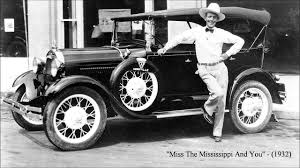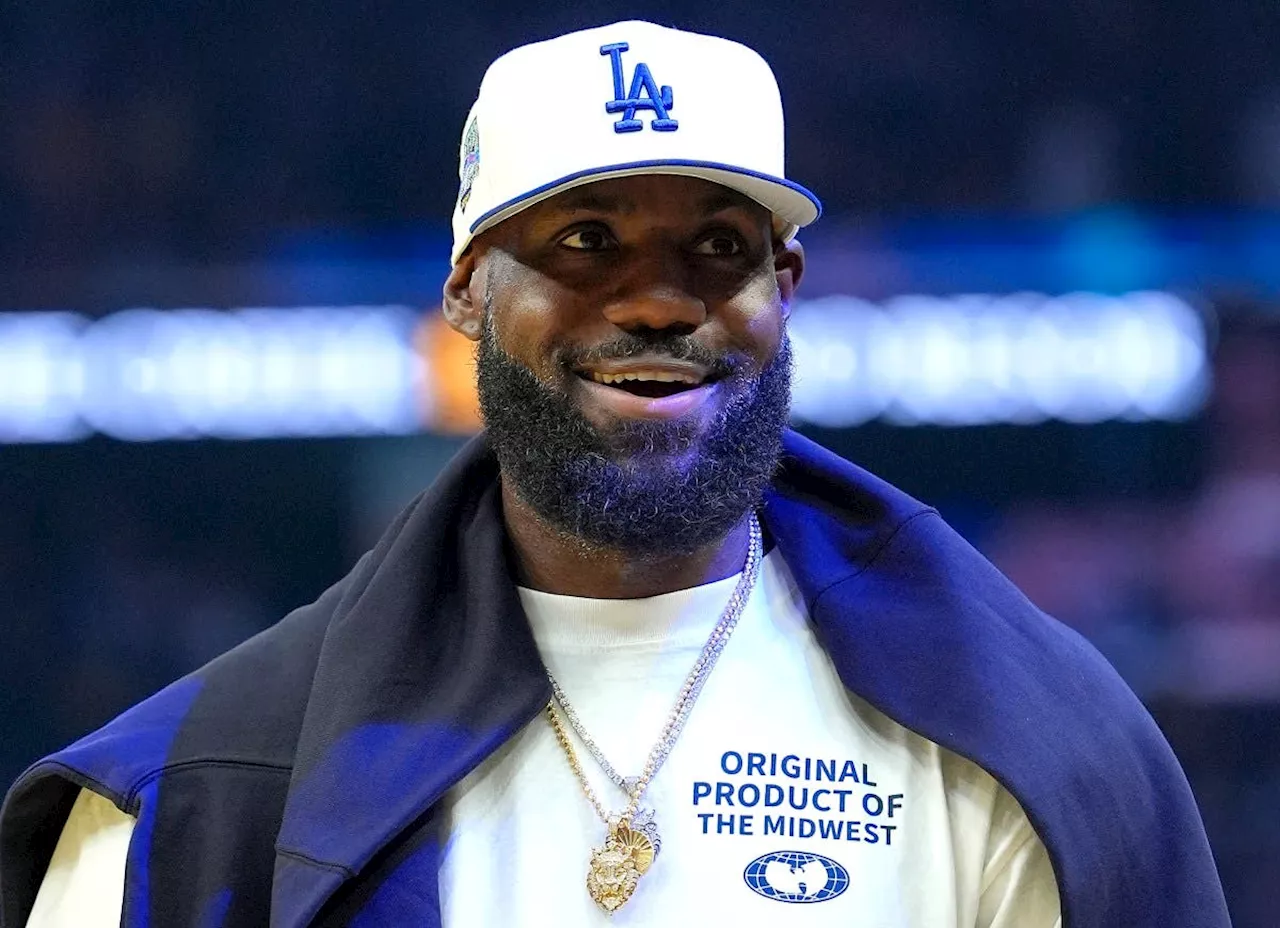URGENT UPDATE: New research from McGill University reveals that the way stories are told can significantly alter how memories are stored in the brain. This groundbreaking study highlights that using different storytelling methods—conceptual versus perceptual—activates distinct brain networks, impacting memory recall.
In a functional magnetic resonance imaging (fMRI) study involving 35 participants, neuroscientists explored how participants remembered mundane experiences like grocery shopping and dining out when presented with varying story details. The findings indicate that while people recalled both types of stories equally well, the underlying brain activity differed based on the storytelling approach.
Participants listened to two versions of each story: one rich in conceptual details, emphasizing feelings and thoughts, and the other focusing on sensory perceptions like sights and sounds. For instance, one narrative about dining included reflections on the deliciousness of the meal, while the other described the visual appeal of the dish.
According to Signy Sheldon, the study’s senior author and a psychologist at McGill University, “There’s going to be people who are more perceptual rememberers and other people who are more conceptual rememberers.” This distinction explains why certain individuals excel in recalling specific types of information over others.
The research highlights the role of the Default Mode Network (DMN), which is activated during self-referential thinking and emotional processing. When recalling stories laden with conceptual details, participants’ hippocampi showed increased activity in the DMN. Conversely, perceptual-heavy stories engaged different brain regions, including the left angular gyrus, known for processing sensory information.
Experts not involved in the study, such as Hongmi Lee from Purdue University, emphasized the significance of these findings. “The DMN processes high-level, abstract information, so it makes sense that it would become involved to store and retrieve a story framed with a lot of conceptual detail,” Lee stated.
While participants favored conceptual stories and felt more confident in their recollections, the study revealed an intriguing trend: as people age, they tend to remember more conceptual details, moving away from vivid sensory memories. “As we get older, we use memories more for social connection,” Sheldon noted, suggesting this shift may stem from age-related brain changes or simply the cumulative life experience.
This research provides vital insights into memory formation and retrieval, highlighting that details, whether conceptual or perceptual, can enhance memory access later on. “We know that this helps create memories that are easier to access later on,” stated Chris Baldassano, a psychologist at Columbia University.
The implications of these findings are profound, indicating that the manner in which we convey experiences can shape not only personal memories but also collective storytelling practices. As storytelling plays a crucial role in social interaction and cultural preservation, understanding its impact on memory offers a new dimension to both psychological research and everyday communication.
As the science of memory continues to evolve, these revelations about storytelling’s influence on memory storage and retrieval may pave the way for new approaches in education, therapy, and even marketing strategies. Stay tuned for further developments in this exciting field of neuroscience.







